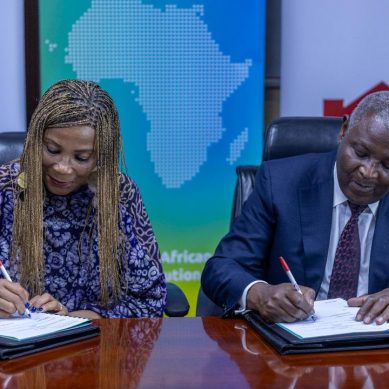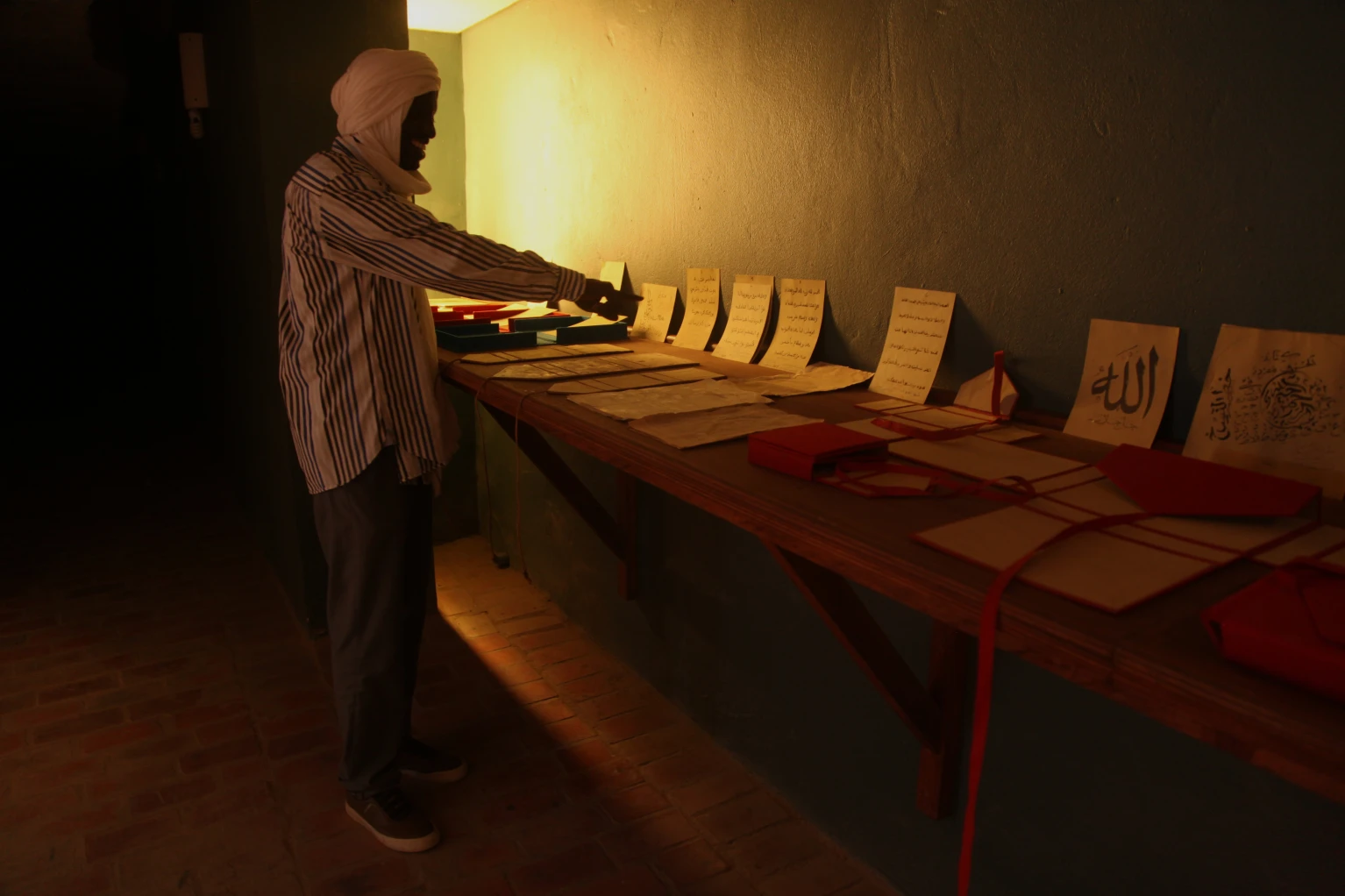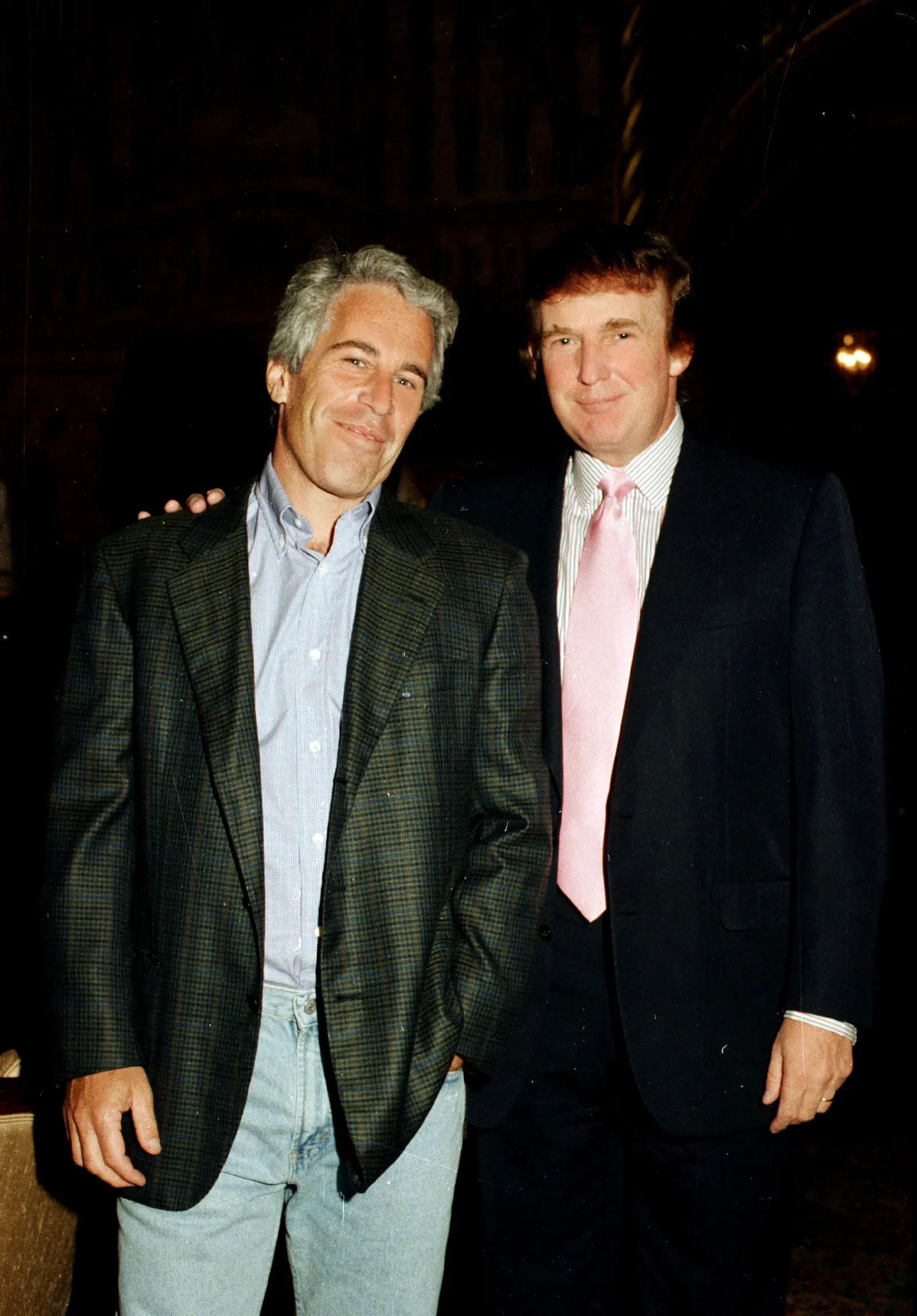
Kabarnet National Museums in conjunction with Samosa Festival are organising a two-month long exhibition in honour of Makhan Singh, the pioneer of trade unionism in Kenya.
Makhan Singh, who was later joined by the likes of Pio Gama Pinto, John Keen and Fred Kubai in advocating for the rights of African and Asian workers, is barely remembered as a freedom fighter in Kenyan history. The labour movement too has relegated the freedom to irrelevance despite his immense contribution as a pioneer of trade unionism in Kenya and by extension East Africa.
Speaking during the launch of the exhibition at the Museums Grounds in Kabarnet town on Tuesday, Lilian Amwanda, a curator at the institution noted that the celebration is to appreciate the kind of legacy left behind by the leader who played a pivotal role in the Kenyan freedom struggle.
The curator said the history of the unionist was somehow obscured after he was detained by the British colonialists for 11 years in Kabarnet. However, the National Museums of Kenya (NMK) says it finds it a befitting honour to inspire the current and future generations with some of his achievements.
“He is a forgotten hero who should be remembered for the phrase uhuru sasa, a Kiswahili expression meaning “Freedom Now” said Amwanda who was joined by her NMK Western Region Keeper Julius Ogega.
According to historian Arko Dasgupta, the trade unionist recognised that to achieve freedom, it was important to first challenge the politics of indifference and segregation of the time.
“In 1950, Makhan Singh did something unprecedented. In the month of April, the Punjabi radical who had spearheaded the trade union movement in Kenya gave a call in Nairobi for Uhuru Sasa, a Kiswahili expression meaning Freedom Now. For the first time, someone had commanded the British to grant complete independence to their territories in East Africa.”
For his bravery, Singh was consequently arrested for being an “undesirable person” under the Deportation (Immigrant British Subjects) Ordinance of 1949.
Dasgupta says, “The arrest was not wholly unexpected. He had been orchestrating boycotts and strikes for a while, even before his call for freedom. His defence that his actions were ‘justified in the circumstances’ was a show of defiance. Singh spent the next 11 years in detention, being moved from one facility to another. His son Hindpal Jabbal writes that during this time his father was not permitted any visitors, barring close family.”
Amwanda encouraged institutions in the county and beyond to visit the museum during the period in order to learn more about the revolutionary trade unionists and other freedom fighters.
Makhan Singh, recognising the apathy of the colonising British, devoted himself to opposing injustice in both the land of his birth and his adopted home. Singh’s determination to lay the basis for a more just politics in India and Kenya is inspiring and encourages us to imagine morally and ethically defensible futures, writes Dasgupta
Kenya Union of Domestic Hotels Educational Institutions Hospitals and Allied Workers (KUDHEIHA) Baringo Branch Secretary Peter Mboya who graced the event challenged the youth to take up the challenge of fighting workers’ rights, noting that they are the ones upon whom the destiny of the country depends.
Mboya said that the youth in the current legal and constitutional dispensation should be given the liberty and latitude to decide how the country would move forward.
The sentiments were echoed by Baringo County Labour and Employment Director Rebecca Koskey who called for courageous and visionary young leaders in the society. Koskey said that the need to have vibrant leaders will assist a lot especially in the county with few unions.
Kosgey appealed to employers not to victimise their employees for joining trade unions to advocate for workers’ rights.
Makhan Singh was born in December 1913 and spent most of his boyhood in undivided Punjab. When he was six, his father, like many Punjabis in his time, moved to Kenya to work for the railways. Around the age of 14, Singh joined his father, along with his mother and sister, in the new country. By this time, his father had left the railways and was running a printing press, although not full-time. Singh began helping him at the press after his school-leaving examination. It was around this time that he developed an interest in trade unionism. Before long, he organised a labour strike against the printing industry, including his own father who had employed him.
Dasgupta says the Indian Trade Union was formed in 1934 and Singh elected its secretary not long after, in March 1935. Soon, Singh convinced his nearly 500 fellow unionists to change the name of their association to the Labour Trade Union of Kenya and open membership to all, regardless of race. Singh’s action at both a basic, semantic level and a broader, organistional level signalled his intent to break free of the political and racial narrowness of daily life in colonial Kenya.
To this end, biographer Nazmi Durrani says, the union published its handouts in Kiswahili besides Punjabi, Gujarati and Urdu. This encouraged workers to believe that Singh’s inclusion of Africans in his trade union activities was not merely symbolic and that he was determined to reach out to as wide a swathe of subjugated races as possible.
Successful strikes on behalf of railway workers and those in other industries followed and the union grew to also include members in neighbouring Uganda and Tanganyika (present-day Tanzania). The Indian Trade Union, which had been renamed the Labour Trade Union of Kenya, was now the Labour Trade Union of East Africa.
In December 1939, writes Dasgupta, Makhan Singh left for India to, in his words, “study working class conditions and functioning of the Trade Unionism in Bombay and Ahmedabad.” Once there, he busied himself with anticolonial activities like addressing mass meetings of strikers in Bombay and attending, as an African delegate, the Ramgarh session of the Indian National Congress.
The next summer, Singh was arrested on the orders of the colonial government and, despite not being charged, moved from one prison to another for the next two years. Even after his release, Singh’s movement was restricted to his native village in Gujranwala for two and a half years.
Finally, in January 1945, he was set free. Wasting no time, he took up work as a sub-editor at Jang-i-Azadi, the weekly published by the Punjab Committee of the Communist Party.
Makhan Singh celebrations will head to Malindi after Baringo and finally to Nairobi County in honour of the trade unionist who advocated for the rights of African, Asian and even European workers in the struggle for independence.
- A Tell KNA report / Benson Kelio and Joshua Kibet







